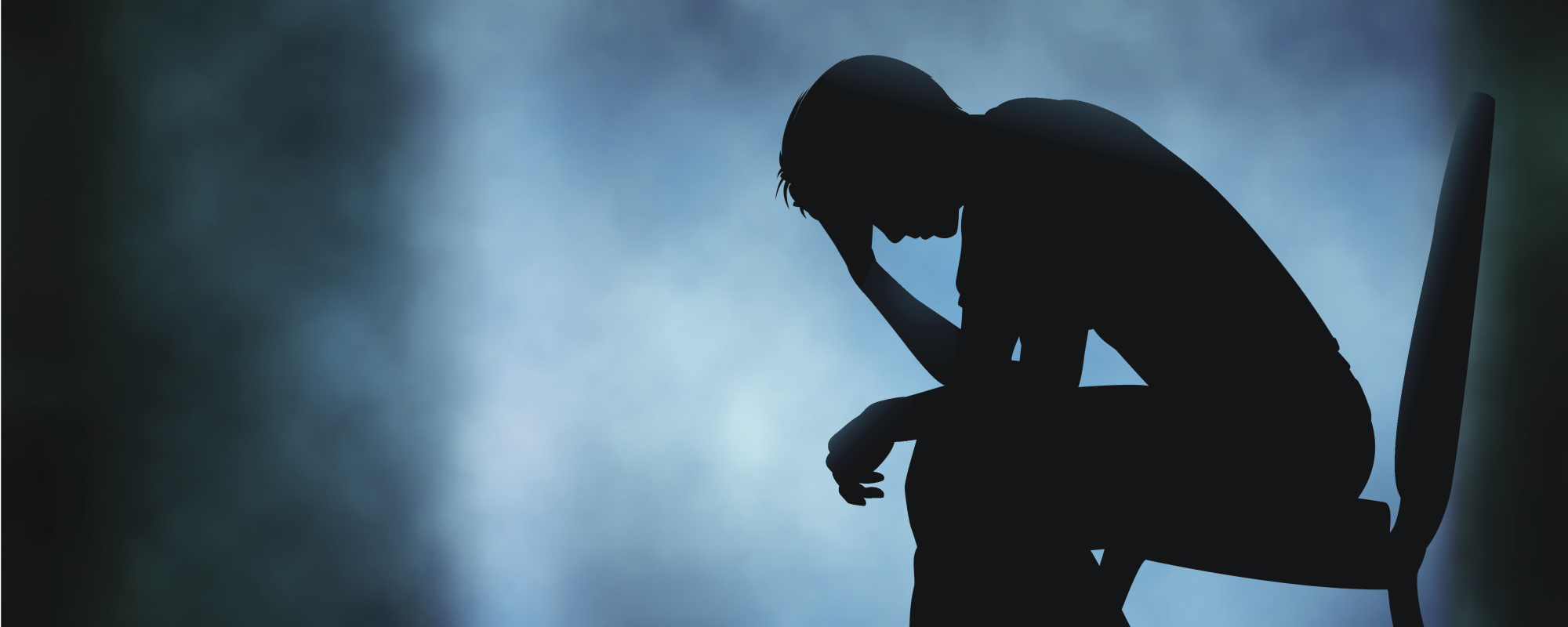When I started organising Disability History Month, I didn’t identify as disabled. Sure, I had some on-going, chronic health conditions, and a variety of mental illnesses – but I wasn’t disabled. That was reserved for more “serious” conditions. I didn’t look “disabled”. I didn’t have problems accessing buildings. In my mind that meant I wasn’t disabled, I was just chronically ill.
However, all of these assumptions were based on the idea that being disabled is a negative thing – and that is really problematic. Through organising disability history month, and connecting with loads of incredible disability activists, I’m now not ashamed to say I am disabled and it is encouraging to know that there is a whole community who support my rights and understand the limitations I face.
It’s not yet something I am entirely comfortable with: I worry that, as someone with invisible illnesses, I am seen as taking up space or not “authentically” disabled. However, I don’t worry about this from the disabled community; it is more the judgement from non-disabled people and those who assume that because I don’t look sick, it must mean that I am healthy.
I’m not going to pretend that I’m not privileged because my impairments are invisible. I don’t struggle with physical access or people continuously offering to help me. I don’t get told I am an inspiration for just existing or that if someone had the same impairment as me, then they would kill themselves. However, these are all realities for a huge number of disabled people – as is poverty, increased risk of domestic violence, isolation, manipulation, and having to fight for basic medical care.
The question of privilege regarding invisible disabilities came up during a Disability History Month workshop run by the disabled women’s organisation Sisters of Frida. Sarah, from the organisation, highlighted that whilst visibly impaired people tend to have too low expectations put upon them, those with invisible disabilities have people assume that we can do everything a non-disabled person could. There are some days when I literally won’t be able to make it out of the house and others when I am unable to eat without vomiting – and it is hard.
I equally have to take a minimum of four prescription medications a month just to function – which at £8.40 for one prescription, the costs start to mount up. I feel guilty and ashamed when I have to take time off work due to my illness.
My disability has stopped me travelling, something I used to love. These effects are not a result of a fault of myself; it is the fact that society is not set up to support those of us with disabilities. An example of this is the fact that in the entirety of the UK there are only about 900 fully accessible toilets.
This Disability History Month I would encourage you to question what you think of as ‘disabled’ – whether you have a mental illness, a chronic health condition, or a physical or mental impairment know that you are valid and that this a movement for you.
We need to recognise the power of identifying as disabled and acknowledge that society does not work for us. We are expected to adapt and make it work, but through disability activism and rights, we can make society adapt to our needs.
Please come along to our great programme of events: https://www.luu.org.uk/campaigns/dhm/
If you want to seek further support on the issues discussed above then contact your personal tutor, the Student Advice Centre, the Disability Coordinator Team or Leeds Assessment Centre.
Emma Healey
(Photo credit: http://www.hrreview.co.uk/hr-news/employees-mental-health-conditions-earn-42-percent-less-says-study/100822)

